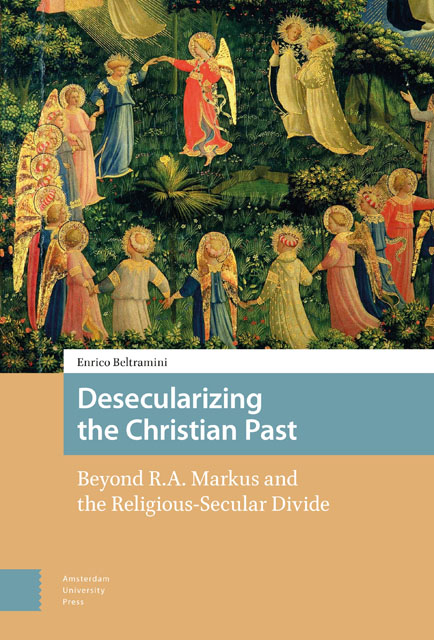Introduction
Published online by Cambridge University Press: 18 November 2023
Summary
Gregory
In the very first line of his book on Gregory, John Moorhead states that “the voice of Gregory the Great is a strange one, which speaks in accents alien to the modern West.” In her excellent Gregory the Great: Perfection in Imperfection, Carole Straw echoes Moorhead's perplexity. However, in contrast to Moorhead, she frames the problem. “Gregory's problem,” she argues,
is different from the modern world with its clinical objectivity, where any trace of the extraordinary is scoured impatiently from contemporary life. Gregory's world is still the late antique universe populated by Principalities, Thrones, and Powers; a reality whose boundaries witness an energetic traffic of visitors to a from the other world. Yet Gregory's world differs subtly from the late antique world of Augustine, or that of the Desert Fathers, for theirs are worlds where one is still cautious of crossing these boundaries, still conscious of how this dull life differs from the shimmering brilliance of the other side. The late antique “upperwordliness” Peter Brown describes is a world of such distinctions.
The quotation is lengthy, but it says it all. The world of Gregory and our world, that of the moderns, are different: the first flirts with the extraordinary, the second embraces objectivity. Gregory's world is still populated by angels and demons, supernatural forces, and divine grace; ours is not. Then Straw adds this: Gregory's world does not only differ from ours; it also differs from Augustine's world, which temporally precedes Gregory's world. Straw's explanation of the curious situation is the following: in Augustine's world, people showed a more cautious and parsimonious engagement with the otherworld. Thus, Gregory's voice is alien to modern ears because of his prodigal use of the supernatural. One might add that Augustine's world is more in sync with modern sensibilities because of a more frugal use of the supernatural. Historians, like impartial observers, register either the dissonances or the assonance between one age and another, between our world and Gregory and Augustine's worlds, then scrupulously report them.
The point raised by Straw should not be confused with the more generic issue of the distance between Gregory's mentality and modern mentality.
- Type
- Chapter
- Information
- Desecularizing the Christian PastBeyond R. A. Markus and the Religious-Secular Divide, pp. 15 - 46Publisher: Amsterdam University PressPrint publication year: 2023



